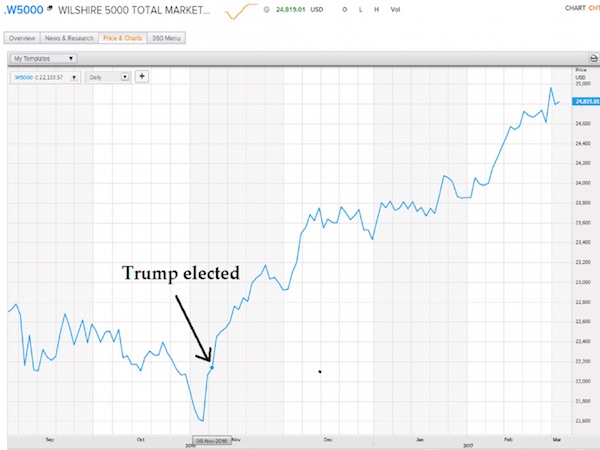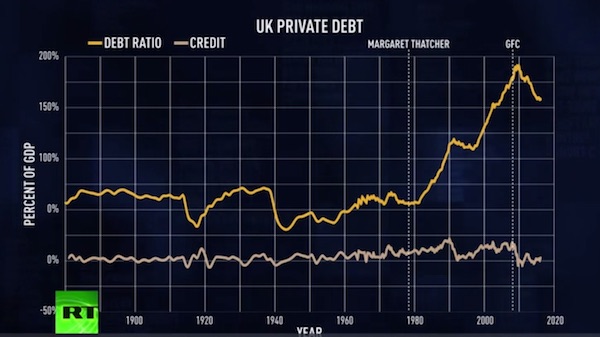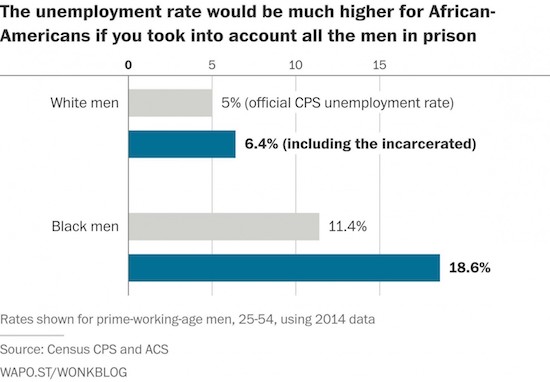
Walter Hege Caryatid overlooking the city of Athens 1930
Christmas is the time when the western world makes a doomed attempt to remember a story whose meaning it has long forgotten, and still claim the story as its own every single time, every single year, claim it as its foundation, the foundation of the principles that guide its societies, its politics and its religion.
Western countries, whether they’re predominantly Catholic or Protestant, label themselves Christian, after Jesus Christ, a man their holy scriptures say is/was the Son of their God, and after his teachings, his sermons and the example his own life is supposed to have been for all his followers. Turn the other cheek, help those in need, don’t judge.
But as we celebrate Jesus’ birth at the time of winter solstice, and we acknowledge that he and his parents, Joseph and Maria, were refugees driven into exile, and the only place the birth could take place was a manger far away from their home, we lose out on the connection to our savior from the very first moment.
Because we sit in our warm and cosy homes, surrounded by meals worthy of kings, and presents worthy of princes and princesses, while frail forms and emaciated children are fainting at our doors. While we are quite aware that whatever Jesus meant to say 2000 years ago, and some of that may have been lost over time, one thing we do know is that he didn’t mean this.
There’s no way he meant for us to, two millennia down the road, to look at present day refugees driven into exile far away from home, just like he and his parents were, and not lift a finger to help them. So when politicians like UK PM Theresa May say in their Christmas messages to their nations that they should “take pride in their Christian heritage”, that’s not just empty rhetoric, it’s hollow.
But as long as religion still sells, and there are many countries where it does, perhaps nowhere more than the US, politicians will quote Jesus and do the opposite of what he actually said according to the bible, and all without blinking once. The thirst for power over others does strange things to people, and our societies are still fully unprepared for that, and we still hear them say one thing and do another, and we still believe what they say. We’re suckers for snake oil.
Actual clergymen and other people of real faith may be somewhat different from politicians and their flocks, but as long as the Vatican remains opulently rich and clad in gold while Catholics and others around the world live in die in misery, perhaps we should question the link between Jesus and the church, the very link the latter base their entire authority on.
Perhaps, as well, we should question any and all claims of being ‘God’s own country’ made by any and all nations who send their best and bravest to go and kill the best and bravest of other nations for the sake of religion, resources or empire. Nothing of that has anything to do with Jesus.
And perhaps we should look for Jesus not in the people who talk about him, but in those who act like him, and like he told his contemporaries to act. And yeah, that takes me to Greece, and the Automatic Earth for Athens fund.
Not in any kind of presumptuous way, mind you, certainly not when it comes to me, but I have met quite a few people who seem to understand Jesus much better than most politicians and church leaders do, they just don’t talk about it, they do it. That much must have become clear through the past 2,5 years and 13-14 articles (for links, see bottom of this article) that I’ve written about them.
The reason I haven’t written much on the topic over the past 9 months or so comes down pretty much to growing pains, for lack of a better term. In my view, my friend Konstantinos and his social kitchen project, O Allos Anthropos (the Other Human), had become too dependent on Automatic Earth readers for donations, which is not a healthy situation for anyone involved.
I didn’t want to continually ask our readers for more money, and O Allos Anthropos needed to find other sources for fund-raising. The problem is that is easier said than done, for multiple reasons. If you have no experience when it comes to fund-raising, it’s hard to know where to start, and it’s hard to organize yourselves to do it. And then you end up broke, as O Allos Anthropos is right now.
Still, I think they could have tried a bit harder, but then, it’s not about me. It’s about the people we help, the refugees and homeless. If you follow my essays at the Automatic Earth a little, you will know that the situation for both groups (and sometimes they’re the same people) is still deteriorating at a rapid pace. And as much as the Greek people are willing to help, most of them are getting poorer fast as well.
Between ever more and higher taxes on the one hand, and ever more cuts to wages and pensions on the other, a recovery of the Greek economy slips further away and out of view by the day, taking people’s ability to take care of the very poorest out with it. And in this case, too, politicians are not going to lend a helping hand unless they see political gain in it.
Greek Minister for Migration Yiannis Mouzalas recently said he could not exclude the possibility that refugees would die on the Greek islands this winter. He’s had two years to do just that, though. That’s enough time to run out of excuses to blame the situation on anyone else. But he’s right: people will probably die there this winter.
There are thousands living in summer tents with no heating, surrounded by wet mud and sheer misery, and with sanitation facilities that provide no privacy and are dirtier than many a manger in a stable could be. If anything, they make one think of Joseph and Mary all over again; just worse, probably. The EU reportedly has spent $1.4 billion on the situation so far, and this is the result.
Mouzalas was nominated for the Council of Europe’s human rights commissioner, and it was no big surprise he didn’t get the job. Though with the example of Saudi Arabia chosen to head a key UN human rights panel, anything is possible.
There is no way that it’s impossible to build adequate facilities for some 20,000 refugees and migrants with $1.4 billion. If that doesn’t work, and it hasn’t, one can only conclude that various parties involved, the EU, the Greek government, and the alphabet soup of NGOs operating in Greece, don’t see these facilities as their no. 1 priority. Thing is, who’s going to call them on it, and what good would that do?
The only priority the EU has when it comes to refugees is to keep them out; the politicians in power in member states read the polls and see their voters don’t want refugees in their countries. So they fund armies and detention camps in Libya etc., where people are sold for $400 or so in open slave markets. And then they talk about Christian values.
Greece has been completely swamped and torn apart by the issue, granted, but that doesn’t mean Mouzalas and Tsipras et al couldn’t have done -and do- a lot more to guarantee at least minimal human dignity to those stuck, if not incarcerated, on the islands. There are hundreds if not thousands of underage children, women, sick people, elderly, stuck in conditions not even the ass and the oxen were in 2,000 years ago.
There’s no way that’s the best we can do. It’s an utter disgrace that shames any and all Christian values, and the man they were named after.
O Allos Anthropos cannot solve these issues, all it can so is help where it can. First, feed the homeless Greeks and refugees in the cities, especially Athens. Then, make life more bearable for those hardest hit by both their circumstances and the way the political classes and the humanitarian-industrial complex deal with them.
And in the end that’s perhaps the only thing we can do: not try and launch huge movements and sweep away a status quo, but work on a small scale, a human scale, human-to-human. Work on a Jesus scale, rather than a Church scale. I know, there are many churches that do help where they can, but that too is most effective where the scale is smallest.

Konstantinos has taken O Allos Anthropos to Bodrum in Turkey this summer, a place where many thousands of Syrians and other refugees are now held up instead of sailing to the Greek islands. These people have nowhere to go, Greece is largely off limits – though the numbers crossing are increasing again- while in the countries they fled, the west is fighting for prominence instead of helping them rebuild.
We will not solve this problem, or at least it will take many years, and the needs of the worst-off, both Greeks and refugees, are immediate. The only way we have to save the world, or make it a better place, is one person at a time. Everyone who tries to do anything on a larger scale fails miserably.
So that’s what we’ll do. Konstantinos and I, and all the other people involved. One person at a time. We can only do that with your help tough. So once again, please be generous this Christmas. Do that spirit honor. Let’s make 2018 a good year for everyone who needs help to make it one.

For donations to Konstantinos and O Allos Anthropos, the Automatic Earth has a Paypal widget on our front page, top left hand corner. On our Sales and Donations page, there is an address to send money orders and checks if you don’t like Paypal. Our Bitcoin address is 1HYLLUR2JFs24X1zTS4XbNJidGo2XNHiTT. For other forms of payment, drop us a line at Contact • at • TheAutomaticEarth • com.
To tell donations for Kostantinos apart from those for the Automatic Earth (which badly needs them too!), any amounts that come in ending in either $0.99 or $0.37, will go to O Allos Anthropos. Every penny goes where it belongs, no overhead. Guaranteed. It’s a matter of honor.
Please give generously.

A list of the articles I wrote so far about Konstantinos and Athens.
June 16 2015
June 19 2015
June 25 2015
July 8 2015
July 11 2015
AE for Athens Fund 2nd Donation: The Man Who Cooks In The Street
July 22 2015
Nov 24 2015
Dec 25 2015
Help the Automatic Earth Help the Poorest Greeks and Refugees
Feb 1 2016
Mar 2 2016
Aug 9 2016
Nov 28 2016
Dec 21 2016
Mar 23 2017


Konstantinos and a happy refugee












